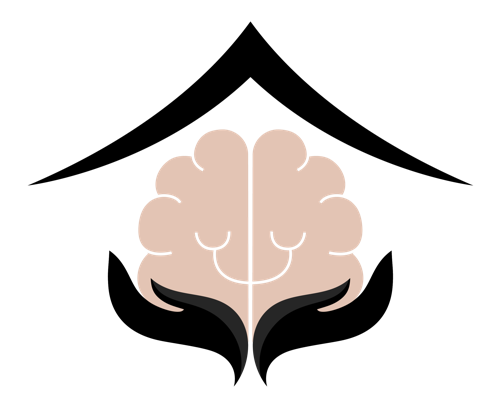
Attention-Deficit Hyperactivity Disorder (ADHD) is a condition traditionally associated with childhood, but its prevalence and impact on adults are increasingly recognized and researched. In the realm of mental health, staying abreast of the latest findings is crucial for providing effective care and support. This blog delves into the forefront of ADHD research, shedding light on groundbreaking studies shaping our understanding and treatment of ADHD in adults.
Understanding the Adult ADHD Brain
Recent neuroimaging studies have offered profound insights into the ADHD brain. Research published in the Journal of Neural Transmissions highlights differences in brain structure and function between adults with and without ADHD. Key findings reveal that adults with ADHD often exhibit decreased volume in specific brain regions related to attention control, executive function, and emotion regulation. These discoveries are pivotal not only in diagnosing ADHD but also in tailoring treatment plans that address these neurological variances.
The Genetic Link
ADHD’s heritability has long been a subject of study, with newer research focusing on the genetic markers that may predispose individuals to ADHD. A landmark American Journal of Psychiatry study identified several genetic variants associated with the disorder. This research underscores the potential for genetic screening in early diagnosis and the development of personalized treatment strategies, marking a significant step towards precision medicine in mental health care.
Non-Pharmacological Intervention
While medication remains a cornerstone in managing ADHD, there is a growing body of evidence supporting the efficacy of non-pharmacological interventions. Recent studies have shown promise in cognitive-behavioral therapy (CBT), mindfulness practices, and biofeedback. A systematic review in Clinical Psychology Review concluded that CBT, in particular, can significantly improve executive functioning and emotional regulation in adults with ADHD, suggesting that integrating these therapies could enhance outcomes for patients.
The Role of Lifestyle
The impact of lifestyle factors on ADHD symptoms has also been a focal point of recent research. Studies are exploring how diet, exercise, and sleep patterns affect ADHD in adults. Preliminary findings indicate that a high-protein, low-sugar diet, regular physical activity, and adequate sleep can mitigate symptoms of ADHD. This line of research emphasizes the importance of a holistic approach to managing ADHD, involving lifestyle modifications alongside traditional treatments.
Future Directions: Technology and Treatment
Innovation in technology offers new horizons for ADHD treatment. Virtual reality (VR), for instance, is being tested as a tool for improving attention and reducing impulsivity in adults with ADHD. Early results are promising, suggesting VR could be a novel way to enhance traditional therapy methods. Additionally, apps designed to improve organization and time management skills are becoming invaluable tools for many adults with ADHD, highlighting the potential of digital interventions to support daily functioning.
Conclusion
The landscape of ADHD research is rapidly evolving, with every new study bringing us closer to understanding the complex nature of this disorder in adults. The shift towards recognizing the genetic basis of ADHD, alongside the exploration of non-pharmacological interventions and the role of lifestyle factors, signifies a holistic approach to treatment. Furthermore, technological advancements present exciting opportunities for innovative therapies that could revolutionize care for adults with ADHD.
As we continue to navigate the cutting edge of ADHD research, it’s clear that the future holds promising developments for individuals affected by this condition. By staying informed and open to new findings, healthcare professionals, patients, and advocates can work together toward more effective treatments and a deeper understanding of adult ADHD.
Do you want to know if you may have ADHD? Take our ADHD test online today for clarity.



